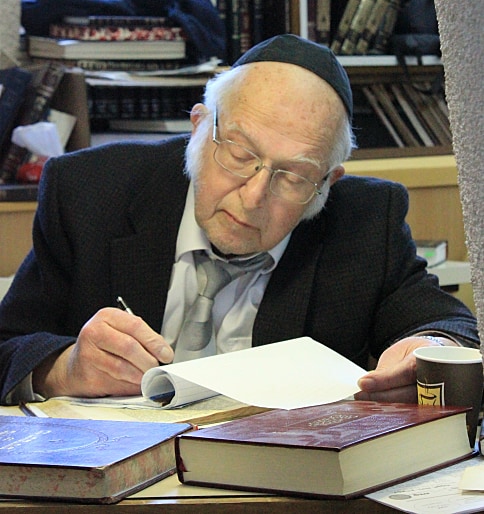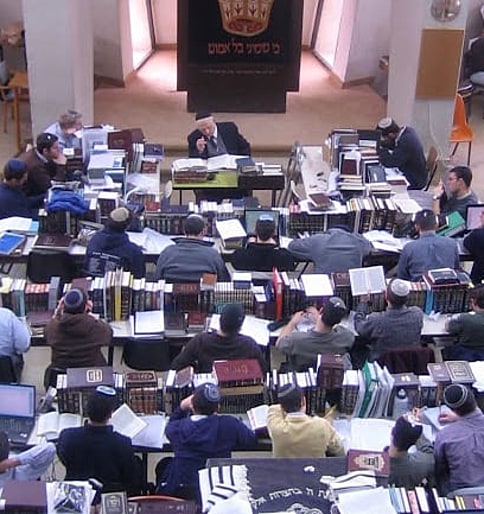Remembering Rav Aharon Lichtenstein, zt”l
From fleeing Nazi-occupied France with his family to earning the Israel Prize for Torah Literature, Rabbi Aharon Lichtenstein left an enduring legacy. The articles in this section are poignant recollections and stories of Rav Aharon contributed by Rav Aharon’s closest friends and talmidim.












![Kibbeh Neye w’Khidrawat [Lessons from the Syrian Kitchen]](https://res.cloudinary.com/orthodox-union/image/fetch/f_auto,q_auto:best,e_sharpen:100,w_484,h_514,c_fill/https://res.cloudinary.com/ouwp/images/f_auto,q_auto/v1679635234/Jewishaction/syrian-6-e1440179352977/syrian-6-e1440179352977.jpg%3F_i=AA)






